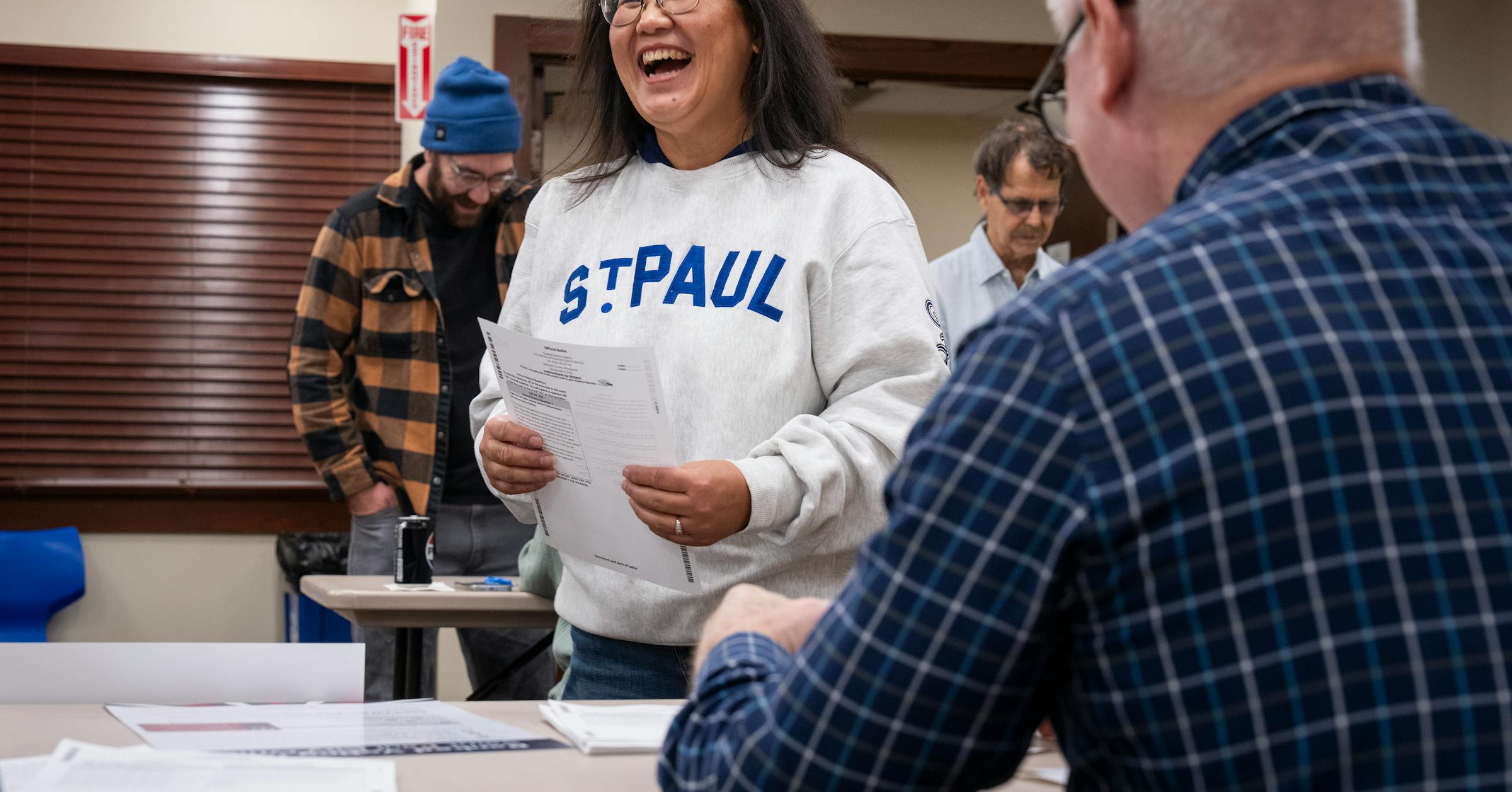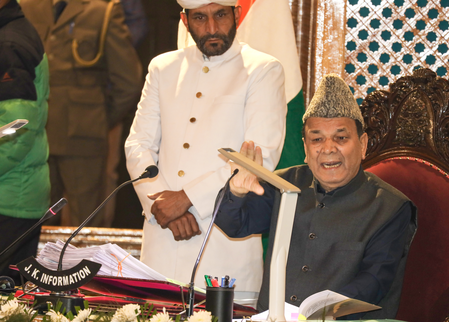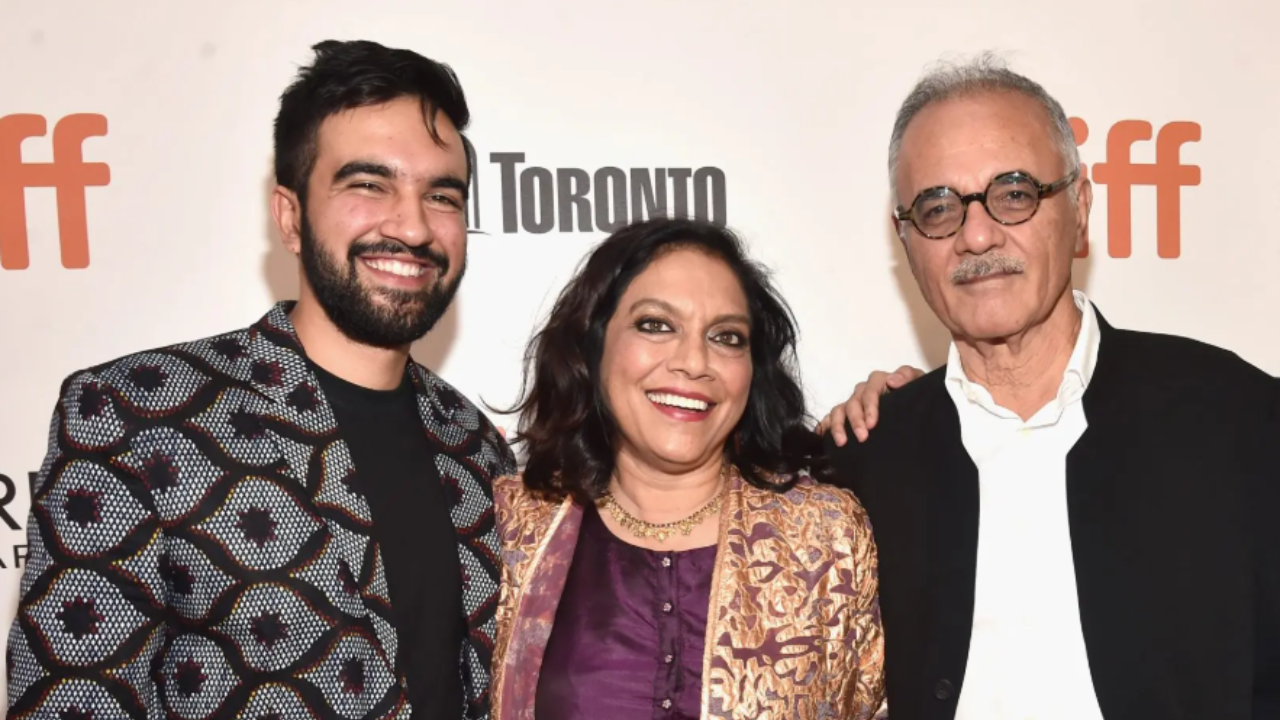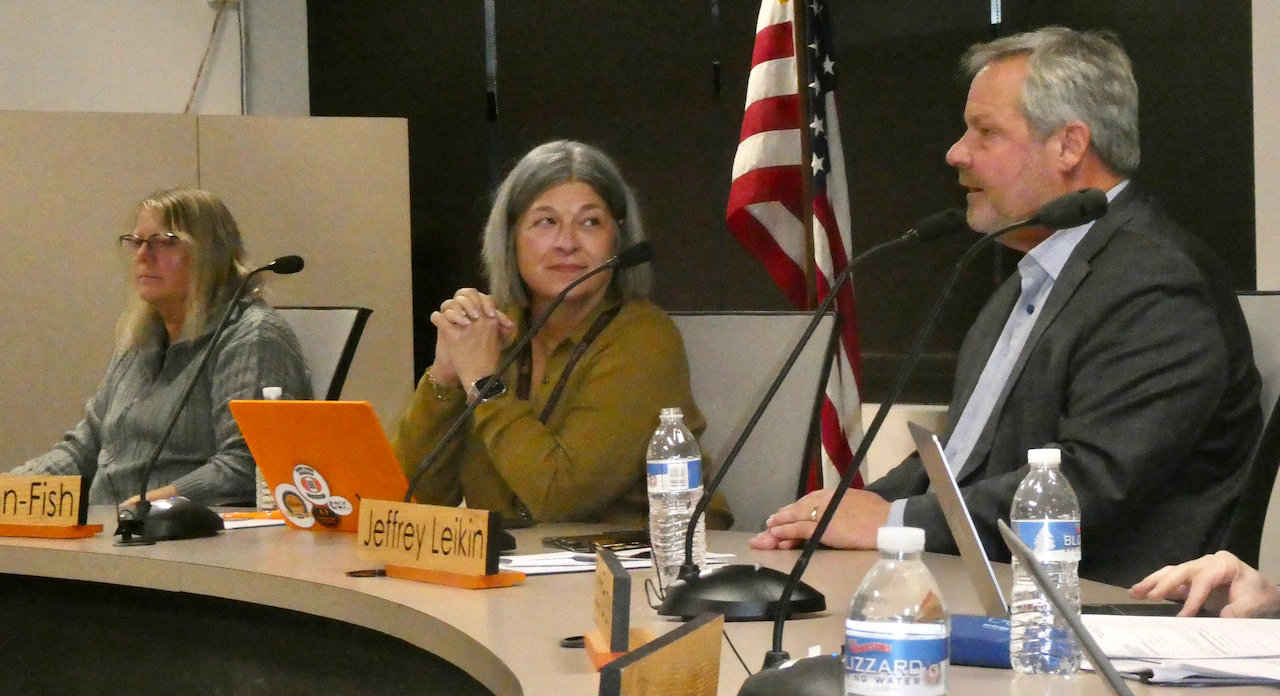Copyright Star Tribune

Her victory is not just a milestone in Minnesota politics, but another historic moment in the long arc of Hmong history. A people once colonized by France, displaced by war and resettled as refugees in America have now placed one of their daughters at the helm of a major American city. Her victory is more than a personal achievement. Her’s election represents a culmination of the groundwork laid by other Hmong women who dared to step into public life long before it felt possible. In 1991, Choua Lee became the first Hmong person elected to public office in the U.S., serving on the St. Paul school board. In 2002, Mee Moua broke another barrier as the first Hmong American to serve in a state legislature. They were followed by leaders like Kaohly Her herself in the Minnesota House in 2018, Nelsie Yang on the St. Paul City Council in 2020, Susan Pha in the Minnesota Senate in 2022 and Sheng Thao, who was elected mayor of Oakland that same year — the first Hmong American mayor of a major U.S. city. In just 50 years since the Hmong first arrived in the U.S., Hmong women have journeyed from the quiet margins to the center of leadership. Once known only as mothers, daughters and wives, we are now mayors, CEOs, educators, and policymakers — architects of our own futures. We have moved from survival to leadership, from invisibility to influence. Over this past year writing for the Minnesota Star Tribune as a contributing columnist, I’ve met young Hmong women who have approached me with tears in their eyes, telling me my words gave them hope — that in my columns, they could see their own voices reflected back. It is humbling and bittersweet to realize that, half a century after our arrival in this country, I am the first Hmong American columnist for a major news outlet. I don’t cling to that title. Instead, I long for the day when I am one of many — when Hmong voices fill our newsrooms, city halls, and boardrooms, shaping the stories that define us all. When you come from a people who, just 50 years ago, were largely illiterate and walked barefoot through history and mountains, being “the first” still carries profound weight. Those who have always had the privilege of becoming anything they wish may never fully grasp what that means — the distance between survival and self-determination. Kita Her, 50, the executive director of Prairie Seeds Academy in Brooklyn Park, was part of the generation that came of age as refugees’ children. “Seeing Kaohly become mayor affirms how far we’ve come — from survival to leadership,” she said. “It’s a reminder of how far the Hmong community has come in 50 years — and how the next generation continues to build on that legacy.” Kita’s daughter, Madeline Her, a 16-year-old senior at Prairie Seeds Academy, represents the future those mothers dreamed of. When I asked how she felt watching Her’s win, she smiled. “It makes myself feel that I can create a positive impact for myself and my community,” she said. “This success brings me hope of the numerous future possibilities for Hmong women in politics and society as a whole.” Madeline’s generation doesn’t carry the same weight of survival. Their inheritance is different — it’s about opportunity, education and self-definition. “My mother had to face much more complicated obstacles than I did such as patriarchy, navigating her identity after immigrating to America, and the cultural barriers,” she said. “The Hmong women who came before me gave myself and other girls a better future.” And then there is my mother, who is the most amazing woman I know, Pang Her Vang, 67, who leads the Mong United Equality Association and works to preserve the Hmong Leng language and culture. She remembers a world where a Hmong woman mayor was unimaginable. “In Laos, we never dreamed of something like this,” she told me. “It was not possible. But here, in America, it is time for Hmong women to rise.” She paused, her voice softening. “Kaohly is still doing what Hmong women have always done — caring for the community. Before, we cared for our families, our gardens, our children. Now, she cares for a whole city.” Kaohly Her’s win challenges old assumptions — not only about who can lead, but about how leadership is expressed. As Kita Her put it, “Hmong women lead with courage, compassion and thoughtful listening. They make hard decisions but always with love.” In a political culture often defined by noise and division, that model of leadership feels revolutionary. It’s easy to measure progress in elections won and titles earned. But the deeper transformation lies in the imagination — in what young women like Madeline now believe is possible. Fifty years ago, Hmong women fought for survival. Today, they fight to shape the future. Kaohly Her’s story is not just about breaking barriers. It is the fulfillment of a prophecy whispered through generations of women from the Mekong River to the Mississippi River, who refused to bend until they broke. Like bamboo among oaks, pines and maples, she rises — resilient, rooted and unyielding in the wind.



